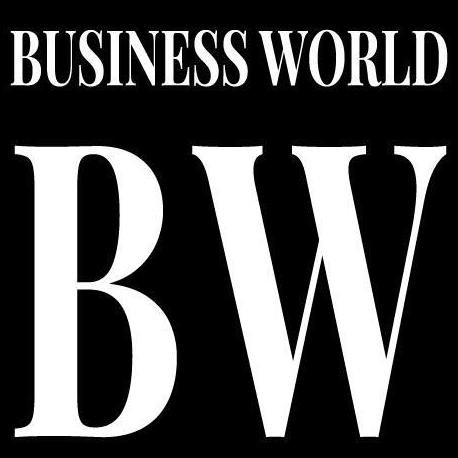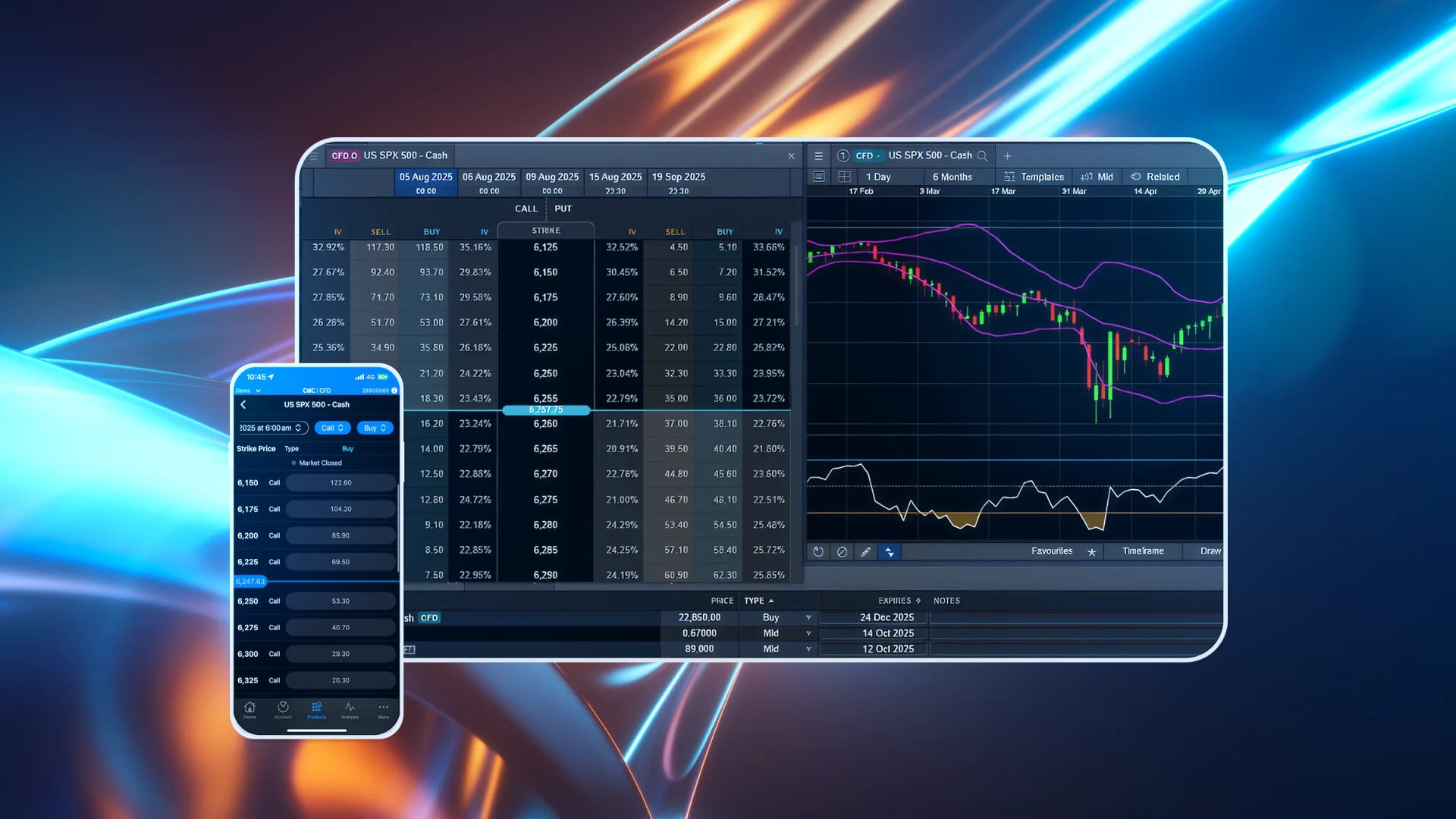Supermarkets among safe bets for dividends
Companies battered by the COVID-19 lockdowns have been delaying or withholding dividends, and the prospect of payouts even from Australia’s big banks is cloudy after a letter from regulators last week.
Analysts are expecting a major cut in dividends across the ASX – but say some companies and sectors are better positioned to maintain their disbursements than others.
Don Hamson, managing director of Plato Investment Management, is forecasting a 30 per cent dividend cut across Australian equities over the next 12 months.
But he notes while that will take their yield to only around five per cent – including the benefit of franking credits – it’s still considerably better than cash investments.
Mr Hamson says the big iron miners – Fortescue, BHP and Rio Tinto – and the major supermarket chains are among his picks for yield.
“Clearly, the thing that has come out is the grocery stores have benefited,” he said, referring to Woolworths, Coles and IGA supplier Metcash.
“No one’s eating out, I’m eating breakfast, lunch and dinner at home. To us, they’re the major beneficiaries.”
While things could change for the big miners if the lockdowns intensify, so far Australia hasn’t wanted to sabotage such a major part of its economy, he said.
Expected stimulus from China will require iron ore while supply issues in Africa and India have impacted prices, Mr Hamson said.
But Hamish Tadgell, head of Australian equities at SG Hiscock, warned that income-seeking investors would want to keep a careful watch on mining stocks.
“I think you have to be careful of them as yield stocks,” he said. “They’re cyclical, linked to the iron ore price.”
History has shown that a 7 per cent yield being offered by the major miners is unsustainable, he said.
Mr Tadgell believes while Woolworths is a safe stock, its 2.7 per cent yield is “not compelling”
He mentioned higher-yielding utilities like gas pipeline owner APA and electricity network company Spark Infrastructure as worthy of consideration.
Burman Invest chief investment officer Julia Lee meanwhile puts forth Coca-Cola Amatil and Treasury Wine Estates as two stocks in the consumer staples space, apart from supermarkets.
It’s “a bit of an unusual situation,”” Ms Lee said, because property stocks – usually considered a safe haven for yield – suddenly aren’t looking so safe with rent payments in jeopardy, especially by retail companies.
Mall owner Unibail-Rodamco-Westfield has reduced its dividend, along with auto dealership AP Eagers, while Auckland Airport, Flight Centre, Rebel Sports-owner Super Retail Group and creative agency WPP AUNZ have cancelled their payouts.
The list of companies delaying dividends includes Qantas, goldminer Northern Star, mining contractors NRW Holdings and Perenti Global, Bank of Queensland, Corporate Travel Management and jewellery retailer Lovisa.
Meanwhile the big banks’ dividends were cast into further doubt on Tuesday, when the Australian Prudential Regulation Authority told banks it expects them to limit their discretionary capital distributions in the months ahead, including “prudent reductions in dividends”.
NAB and Westpac have said they’ll consider APRA’s guidance when they decide on their interim dividend settings, scheduled to be announced in early May.
“If you’re looking for dividends, gone are the days when you could bet your bottom dollar that you can get a stable dividend form the banks,” said Bell Direct market analyst Jessica Amir.
Ms Amir said that Bell Direct has analysed the ASX for companies with a strong “dividend cover” – enough cashflow to pay their current dividend several times over – and has a list of companies topped by iron ore giant Fortescue Metals, Coles and protective glove manufacturer Ansell.
Fortescue’s current dividend yield, including franking, is around 10 per cent, she noted – “which is crazy, right?”
Ms Amir also mentioned coalminer New Hope Corp and its half-owner, investment house Washington H Soul Pattinson, as options.
“Coal’s a bit contentious, but they’ve got a higher dividend, they’re got surplus cashflow, and their debt to equity level is very low,” she said of New Hope.
“It’s something to consider.”








